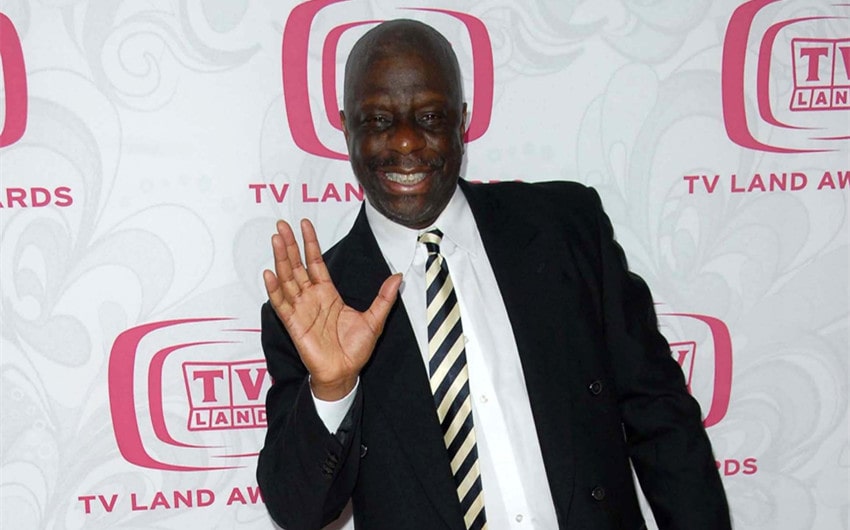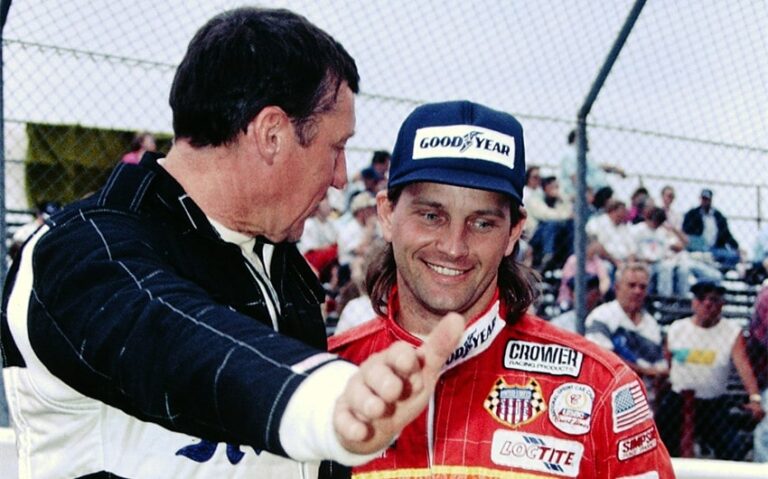What J.J. from Good Times’ Net Worth Reveals About Fame and Longevity
When you search for J.J. from Good Times’ net worth, you’re likely thinking of Jimmie Walker—the actor and comedian whose iconic catchphrase “Dy-no-mite!” turned him into a pop culture legend of the 1970s. As the breakout star of Good Times, Walker’s portrayal of James Evans Jr. captured the attention of audiences across the country. But while his fame reached massive heights, the financial rewards didn’t always keep pace. His story is a fascinating window into the world of classic TV fame, and what happens to stars who light up the screen early in their careers but face the challenge of building lasting wealth in an industry that often moves on quickly.
J.J. from Good Times—Television Stardom in the 1970s
Jimmie Walker was not the expected breakout star of Good Times, the pioneering sitcom created by Norman Lear that ran from 1974 to 1979. The show, which was one of the first network TV series to focus on a working-class Black family, originally centered around the parents—Florida and James Evans—played by Esther Rolle and John Amos. But it was Walker’s portrayal of their oldest son, J.J., that captured the public’s imagination.
With his exaggerated expressions, lanky physical comedy, and the instantly quotable “Dy-no-mite!”, Walker became the face of the show almost overnight. Fans adored him, and for a time, it seemed like J.J. Evans was everywhere. He was on magazine covers, featured in variety shows, and even made guest appearances on other popular programs. His comedic timing and signature catchphrase made him a standout figure in American television, and for better or worse, it defined the rest of his career.
Despite the popularity, not everyone on the show appreciated the shift in focus. Both Esther Rolle and John Amos publicly voiced concerns that the character of J.J. had become a caricature, undermining the show’s more serious exploration of Black family life and poverty. That tension eventually led to Amos being written off the show and Rolle taking a hiatus. Meanwhile, Walker remained a central figure, navigating a growing divide between critical perception and audience affection.
As the series ended in 1979, Walker’s portrayal of J.J. remained beloved, but it also became a role he struggled to move beyond. That kind of fame—sudden, enormous, and heavily tied to a single persona—can be both a gift and a challenge. It made Jimmie Walker famous. But it didn’t make him rich in the way today’s stars might be for similar levels of visibility.
Jimmie Walker’s Net Worth—Where It Stands Today
Jimmie Walker’s current net worth is estimated to fall between $800,000 and $1 million. That might seem modest for someone whose face and voice became a cultural touchstone. But it reflects a career built more on performance than profit margins, and a time when television stardom didn’t necessarily lead to generational wealth. His financial story includes highs, lows, and a decades-long effort to keep working, even after the spotlight dimmed.
Income from Good Times
During the height of Good Times, Walker reportedly earned around $20,000 per week—a significant salary for a television actor in the 1970s. That income gave him immediate financial comfort, especially considering his modest upbringing in the Bronx. But unlike today’s stars who benefit from syndication royalties and residual deals, actors from that era were often excluded from long-term backend profits.
Good Times has lived on in reruns, DVD collections, and streaming platforms, but Walker has acknowledged that he receives little to no residual income from those viewings. The contracts of the time didn’t favor actors’ long-term earnings, and merchandising around his character—despite his popularity—did not result in significant personal profit.
In short, while Good Times made Jimmie Walker famous and financially stable during its run, it didn’t build lasting wealth. And when the show ended, so did that steady paycheck, leaving him to navigate a new stage of his career with the legacy of J.J. both supporting and limiting him.
Stand-Up Comedy Earnings
What many people don’t realize is that Jimmie Walker was a stand-up comedian before he ever appeared on television—and he returned to that world with determination after Good Times ended. Throughout the 1980s, 1990s, and beyond, Walker toured comedy clubs across the country. His stand-up routines leaned on observational humor, with occasional nods to his famous catchphrase.
Stand-up comedy, while not always glamorous, provided him with a consistent if modest source of income. Walker performed in small clubs, casinos, and college campuses, gradually rebuilding his brand as a live entertainer. It may not have matched his sitcom paycheck, but it allowed him to remain active, connected to his audience, and financially afloat.
Unlike actors who fade into obscurity or struggle to rebrand, Walker embraced the grind of comedy circuit life. He didn’t shy away from his past, but also didn’t rely solely on it. This phase of his career wasn’t about fame—it was about longevity, which in many ways is a greater achievement.
Guest Appearances and Media Work
Though Jimmie Walker never landed another breakout role on the scale of J.J., he remained a familiar face in American television. Over the years, he appeared in guest roles on a variety of shows, including The Love Boat, Fantasy Island, The Drew Carey Show, and Scrubs. These appearances were typically short but paid reasonably well, especially when combined with his comedy touring schedule.
He also appeared on game shows, reality TV programs, and even late-night talk shows where he would recount his Good Times memories and share his unique perspective on fame. These media appearances helped him stay culturally relevant and generated additional income, even if they didn’t come with large paychecks.
In recent years, Walker has occasionally participated in nostalgic retrospectives and interviews about Good Times, pop culture history, and his life as a comedian. These moments allow new generations to discover who he is, and they ensure that the name Jimmie Walker remains in the public eye.
Books, Interviews, and Speaking Engagements
In 2012, Walker published a memoir titled Dyn-o-mite!: Good Times, Bad Times, Our Times, which detailed his life from his working-class childhood to the heights of television fame and beyond. The book provided insight into the complex dynamics of being a Black entertainer in 1970s Hollywood, the tensions behind the scenes of Good Times, and his personal philosophy about comedy, fame, and race.
The memoir offered another revenue stream and gave Walker the chance to control his narrative. Though it wasn’t a mainstream bestseller, it was well-received by fans and added to his credibility as not just an entertainer, but a thoughtful commentator on the world he’s witnessed change.
Walker has also done speaking engagements, especially at universities and entertainment conventions. These events don’t always bring in big money, but they add to his visibility and underscore his influence as a cultural figure.







